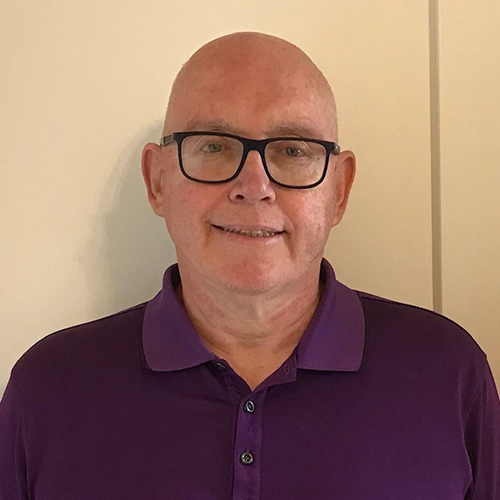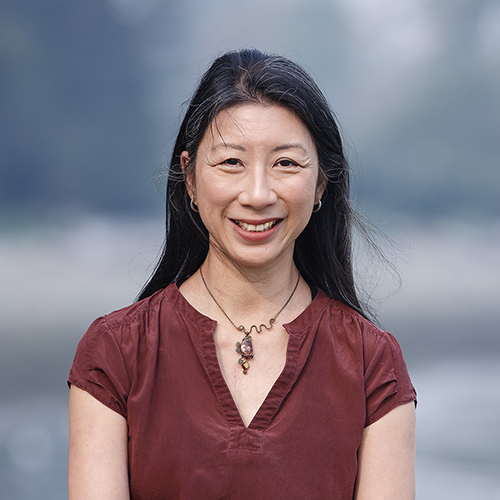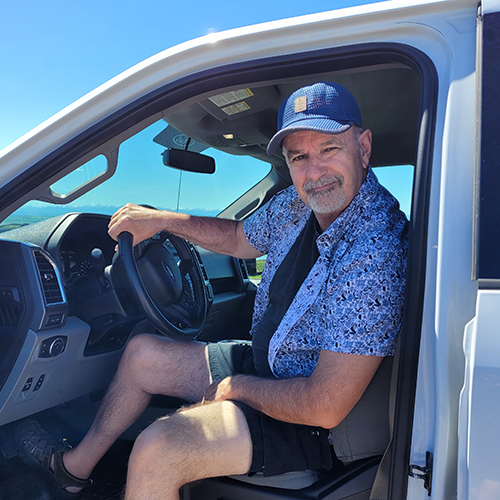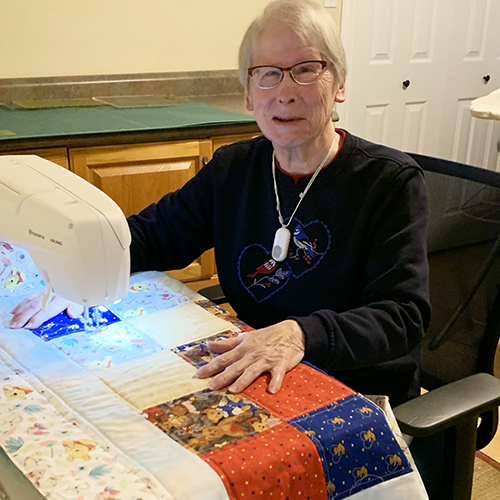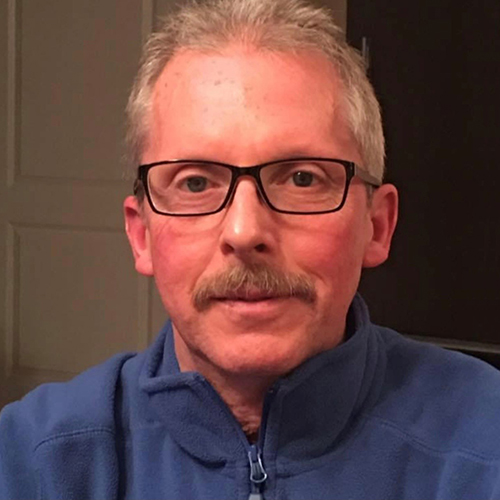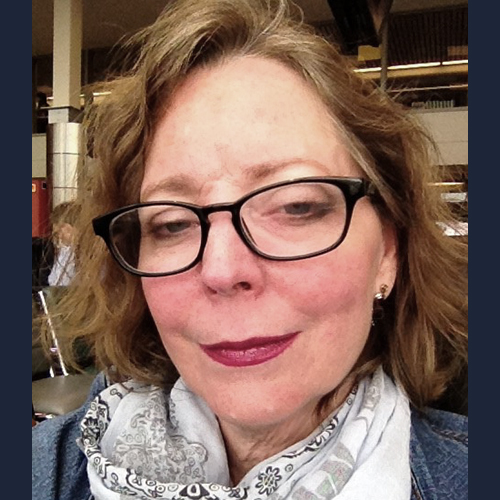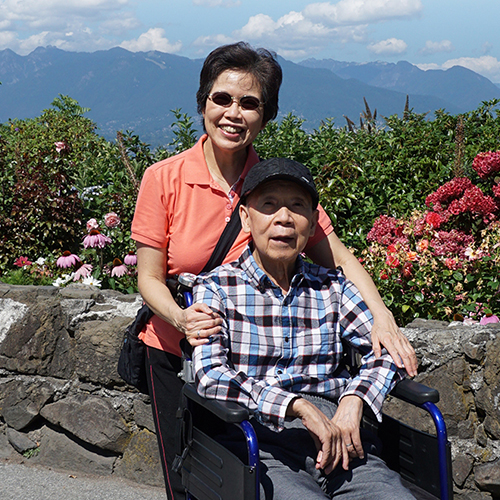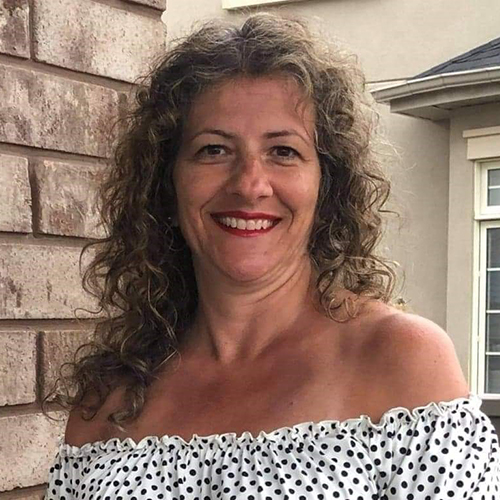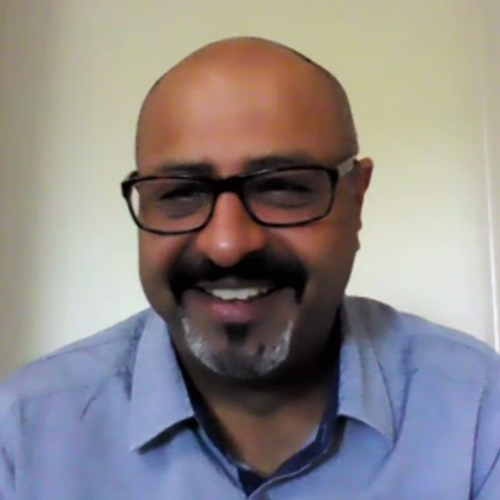When Lynn Yantzi was a child, he spent two years in a wheelchair because of a bone disease called Legg-Calve-Perthes.
The childhood condition interrupts the blood supply to the hip joint, causing pain as the bone weakens. The only treatment available was to keep him off his feet as much as possible for as long as needed.
The experience gave Lynn the drive to get out there and participate in all that life has to offer – a drive that shaped his response to the four strokes he experienced as an adult.
Lynn first had a mini stroke in 2015. When Lynn had a more serious stroke in 2017, he lost the ability to tie his shoes and read a clock. After relearning these skills – he had another stroke and had to learn them all over again. “I found the first stroke more challenging than the second time,” says Lynn. “I knew I could do it, so I kept working at it.”
Lynn had two more strokes in 2017, which led to a diagnosis and then surgery for Moyamoya disease, a rare blood vessel disorder that reduces blood flow to the brain. He has some memory challenges and loss of dexterity in his left hand – both of which he continues to work on. He also struggles with left side neglect and is currently unable to drive. In spite of these challenges he is able to play pickle ball and tennis.

